África/Sudáfrica/Noviembre de 2016/Autor: Charles Molele/Fuente: Mail & Guardian Africa
RESUMEN: Hace aproximadamente un año, estudiantes universitarios surafricanos enojados en el movimiento #FeesMustFall salieron a las calles y pidieron la inmediata introducción de una educación superior afrocéntrica en sus universidades. El llamamiento a una educación superior descolonizada sigue estando en el centro de las exigencias de una educación gratuita y de calidad. Mientras los debates filosóficos sobre la transformación de la educación superior se enfurecen, los académicos se reunieron en el Centro de Resolución de la Universidad de Johannesburgo el pasado fin de semana para discutir el contenido y el carácter de lo que una educación superior afrocéntrica y un currículo descolonizado serían en el futuro . El simposio, organizado por la División de Internacionalización de la Universidad de Johannesburgo, titulado Decolonising Knowledge Thought Leadership Series: The Curriculum and Future University, contó con la participación de decenas de estudiantes, profesores, miembros del público y partes interesadas.
About a year ago, angry South African university students in the #FeesMustFall movement took to the streets and called for the immediate introduction of an Afrocentric higher education in their universities. The call for a decolonised higher education remains at the centre of demands for a free, quality education.
While the philosophical debates on the transformation of higher education rage on, academics met at the University of Johannesburg’s (UJ) Resolution Centre this past weekend to discuss the content and character of what an Afrocentric higher education and decolonised curriculum would actually be like in the future.
The symposium, entitled Decolonising Knowledge Thought Leadership Series: The Curriculum and Future University, was organised by the University of Johannesburg’s Division for Internationalisation, and was attended by dozens of students, lecturers, members of the public and interested parties.
Professor Ahmed Bawa, chief executive of Universities SA, said the debate on the decolonisation of higher education in South Africa was long overdue. He pointed out that the transformation of higher education should have been resolved decades ago, soon after the ANC-led government came to power in April 1994.
“These issues [decolonisation and transformation] were raised and discussed in the National Commission on Higher Education process in 1995-1996,” Bawa told guests at the symposium. “And both were deferred. Why, one might ask?
“My understanding is that it was mainly from fear that such engagement would cause concern and instability in the established, historically white universities. It has taken over 20 years for us to return to both questions and however we wish to think about them, they are at the centre of the project of how we might re-imagine South African higher education, and understand its social location in the context of the next phase in our re-imagination of this society — a task in which we have been failed by our national leadership.”
Professor Nyasha Mboti, HOD of the department of communication studies at the UJ, agreed with Bawa that the ANC-led government had left the issue of transformation of higher education unresolved for far too long.
He told theMail & Guardian Africaafter the panel discussions: “As Prof Bawa pointed out, this debate was postponed over 20 years ago, and only #FeesMustFall has brought it back. We must thus duly give credit to South African university students for their bravery and foresight in turning our attention back to the core issue: the failure by universities to genuinely and sincerely transform. All the speakers at the debate showed that they are preoccupied not with complaining but with solutions: how genuine and sincere decolonisation can happen.
Uncomfortable process
“My own view is that decolonisation is not a “khumbaya” project, where at the end of the day we all hug and feel happy. On the contrary, it is an uncomfortable process dependent on telling uncomfortable truths. Unpopular, pro-justice decisions will have to be made. We have a window of opportunity to do this, which we cannot afford to let close because of vested corporate and state interests. If that window closes, the future of our children and their children’s children would have been betrayed at the altar of pessimism, racism, big business, neoliberal governmentality, and statutory complicity. The broad message, I think, is this: decolonisation will happen, with or without corporate and government approval. After all, it is not for them. It is for the oppressed.”
Dr Joseph Minga, a lecturer of Cultural Studies at the Monash University in Johannesburg, said achieving the goal of Afrocentricity meant, for him at least, a total rejection of Western education. Afrocentricity, according to Minga, was central to what should constitute education in Africa.
“The demand of our students for a decolonised education today is similar to that of Europe during the Renaissance. Consciousness obliges that some things are deleted while new ones are created,” said Minga.
“In a world where everything is yet to be done, what people need first is a line of thought, the way on which to embark that leads to one’s destiny. And I think students know the way: it is called Afrocentricity. As a theory it is vital for the African university, because by it students will become masters of their own history and the knowledge production needed by their communities.
“It is not difficult to imagine that one day the departments of Nubia and Egyptwill be established in all our universities, the Swahili language accepted in the West as are English and French and Mandarin to us, the amaPantsula dance given space in the School of Art at Sorbonne or Harvard University as we do with their ballet;that day will see the balance of forces tilt in our favour.”
Break from the West
Nigerian scholar Dr Alex Asakitikpi agreed with his fellow Monash University lecturer Minga, saying a future decolonised university must break away from the West and its knowledge production systems.
Asakitikpi also accused some academics in South African universities of “disguising” themselves as Pan-Africanist, while in their utterances and actions they are surreptitiously campaigning for the maintenance of the status quo of Western hegemonic authority over African peoples and their affairs.
“This is very important [to recognise], because it is such elements that tend to drag [out] the decolonisation debatead infinitum, thereby [short] circuiting any significant progress,” said Asakitikpi.
“Yes, I agree with my colleague, Dr Joseph Minga, for the rejection of any suggestions from the West to strike a balance as espoused by Prof [Thaddeus] Metz in his presentation. It is my candid opinion that for too long Africans have acquiesced to external forces in shaping their future, and after more than 60 years we have come to the unequivocal conclusion that that route will not take us out of the economic, political, social, and cultural quagmire that characterises African peoples today.
“What is important for me at this stage, is for Africans (peoples of African descent who have shared a common fate of slavery, colonialism, neo-colonialism, and humiliation over the last 500 years) to create a larger platform to articulate the lines of actions to be taken to achieve the common goals of our emancipation from mental slavery and neo-colonialism, [by] self-determination, endogenous sustainable development, and racial dignity.”
Bawa, in his concluding thoughts, told guests that the issue of languages was going to be critical in the decolonised curriculum of the future in SA universities, because South Africans coexist in multiple knowledge systems.
“The dominance of English and other European languages as academic languages persists in many developing nations, but for many university students these are second or even third languages,” said Bawa.
“This is clearly a matter of access, but it is also about the social justice imperatives related to the development of indigenous languages. The use of isiZulu, kiSwahili, Fulani or Gujarati as languages of academic discourse is the one way of ensuring the long-term sustainability of indigenous languages.”
Fuente: http://mgafrica.com/article/2016-11-14-talking-decolonialisation-transformation-of-higher-education-is-long-overdue
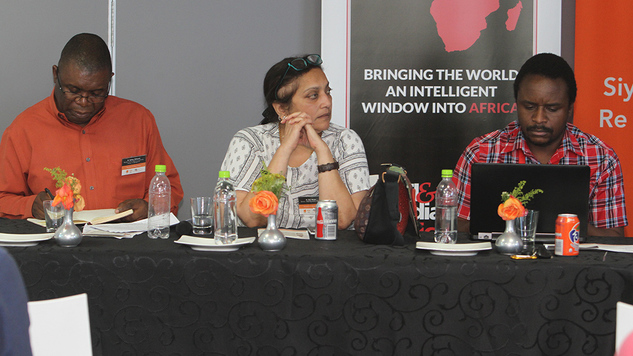
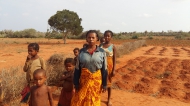
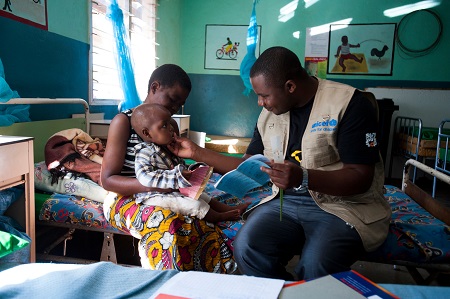

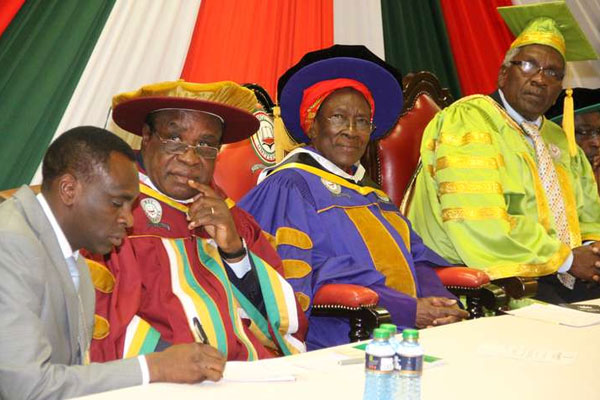
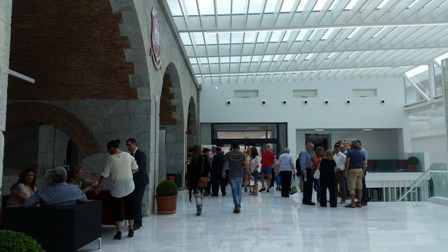







 Users Today : 6
Users Today : 6 Total Users : 35460667
Total Users : 35460667 Views Today : 13
Views Today : 13 Total views : 3419758
Total views : 3419758